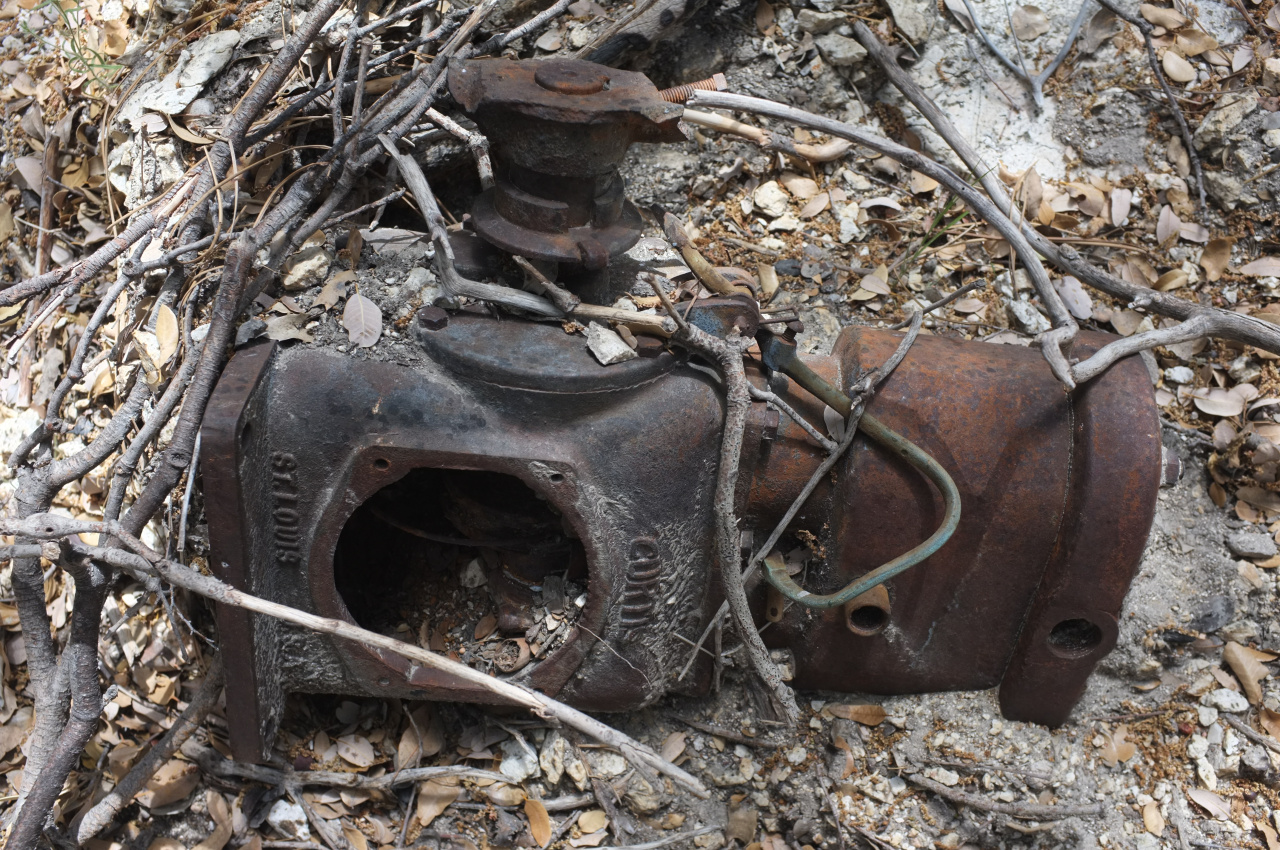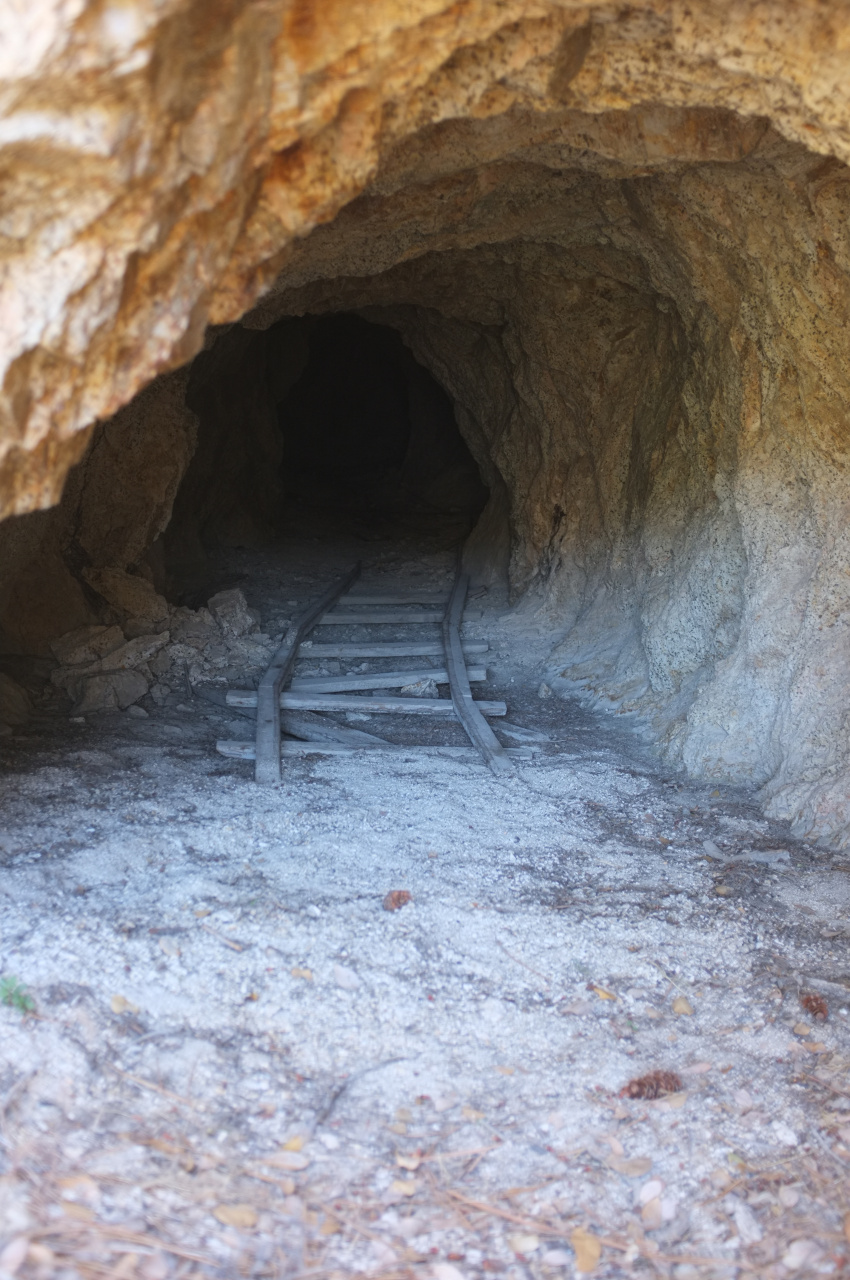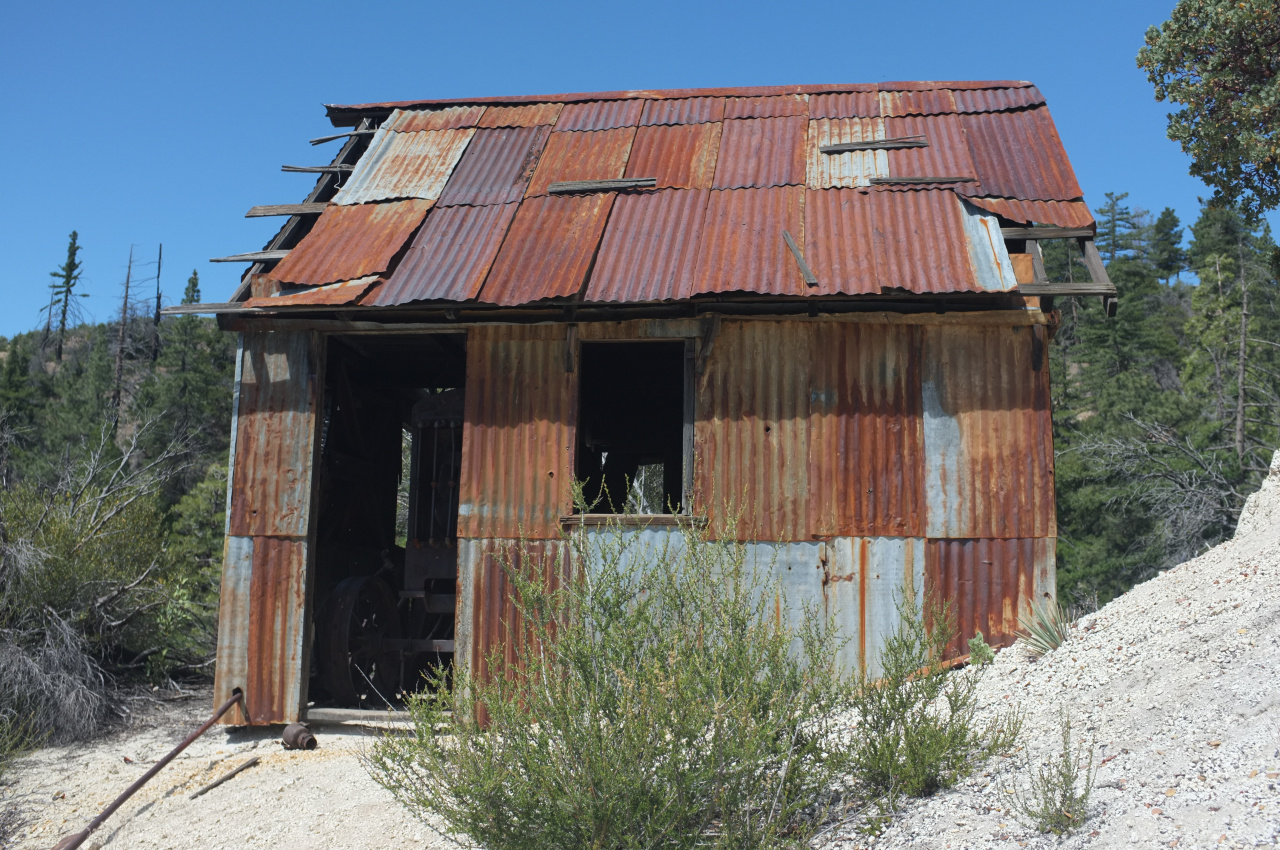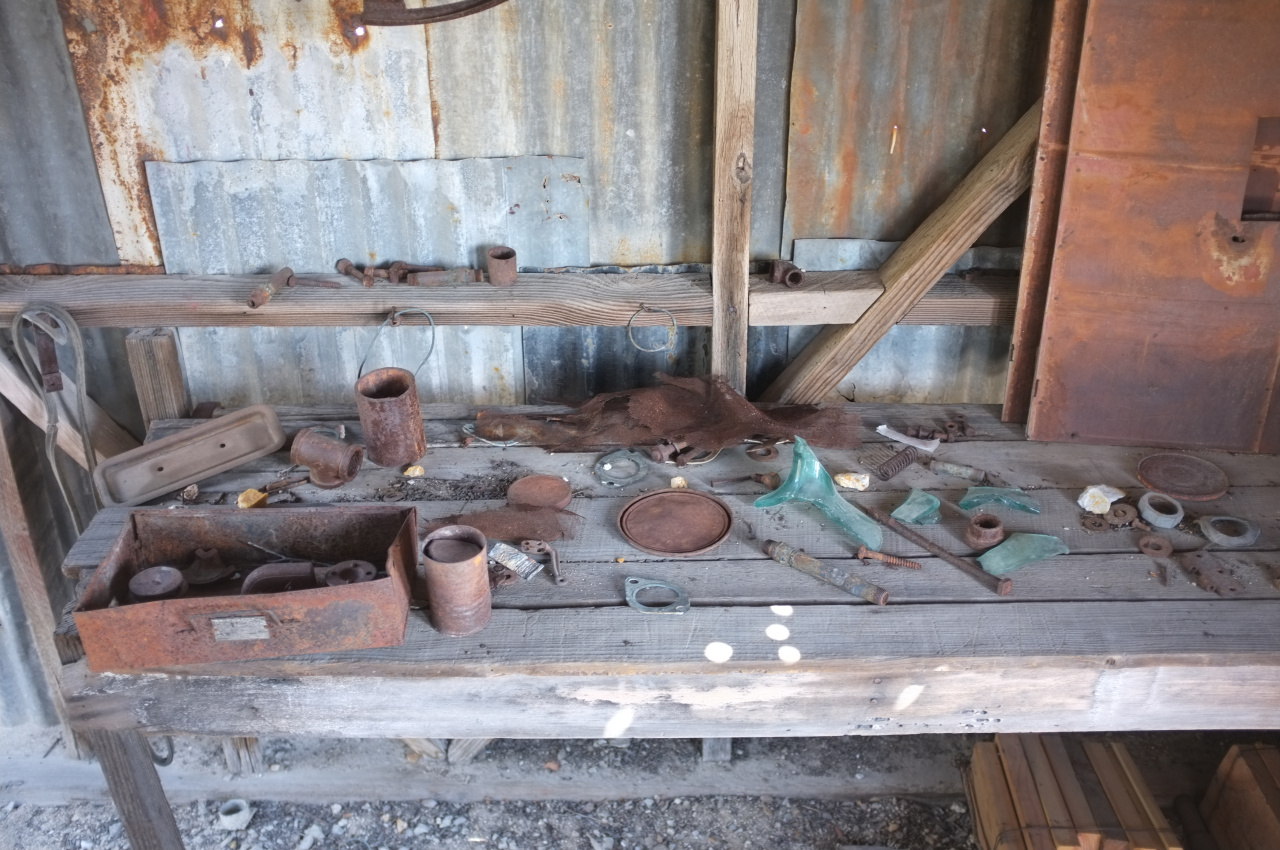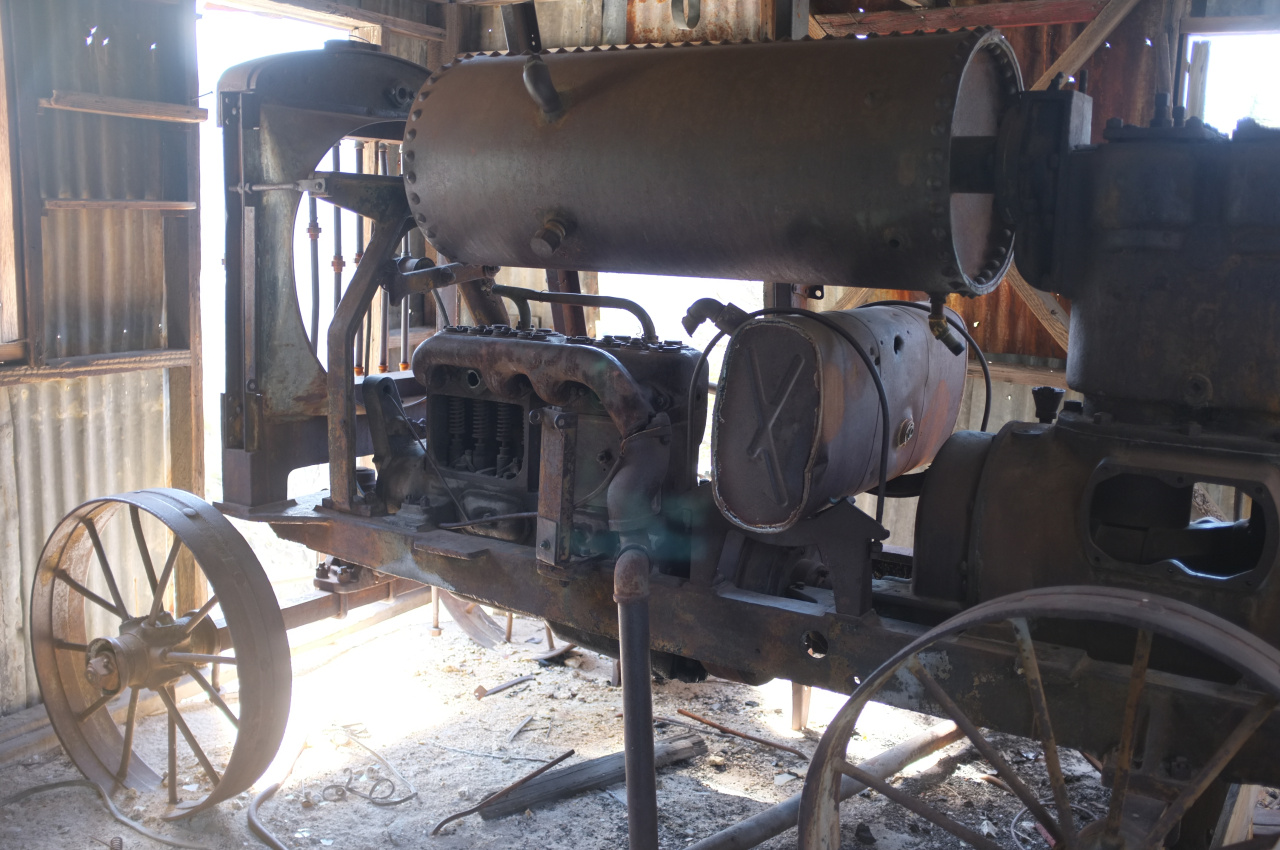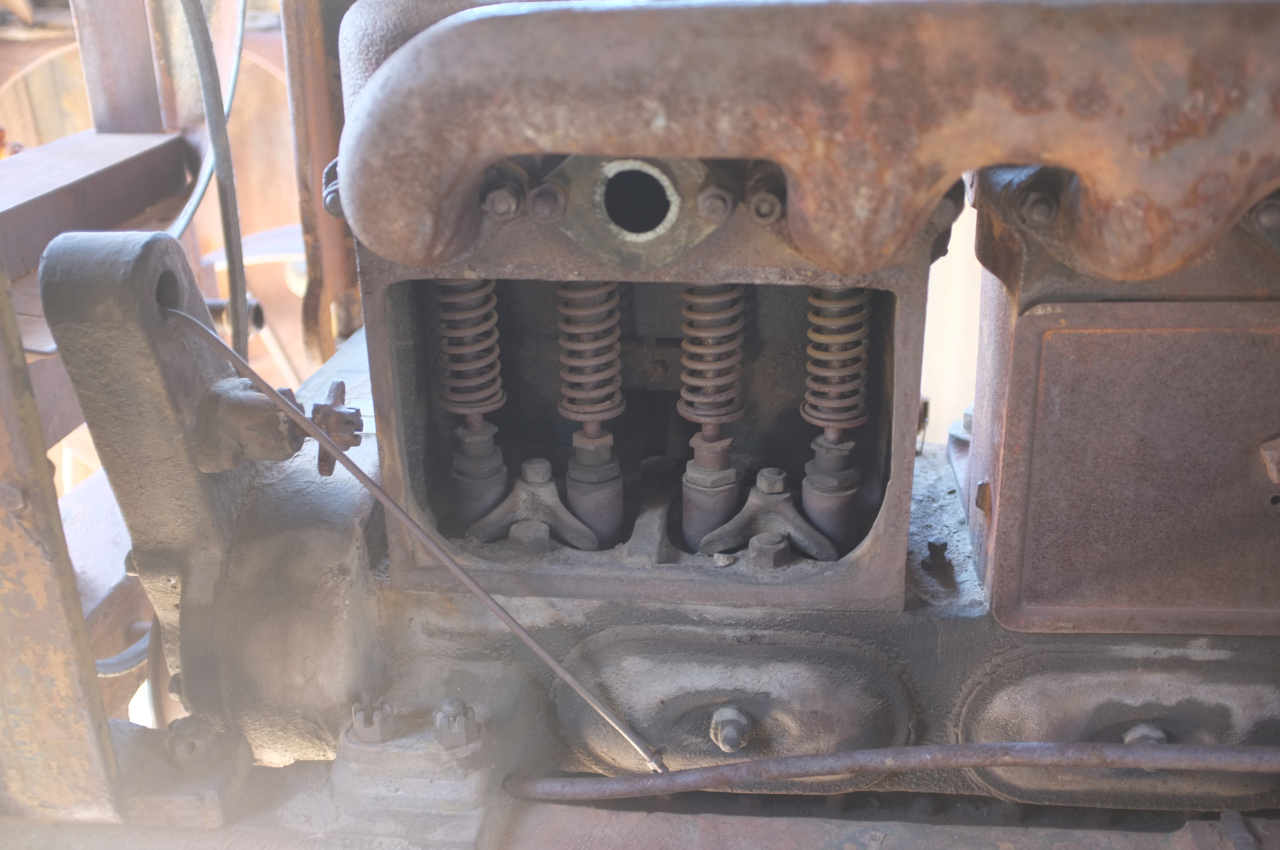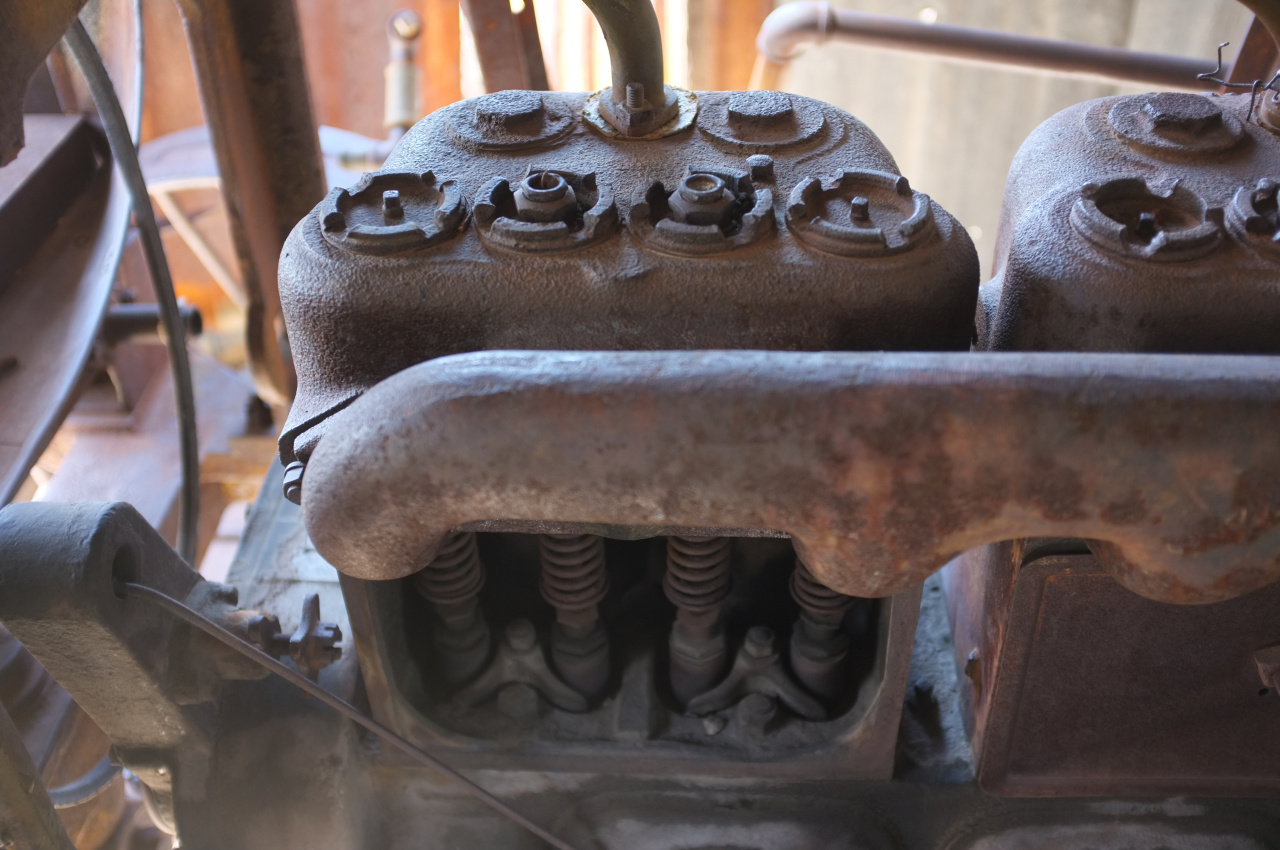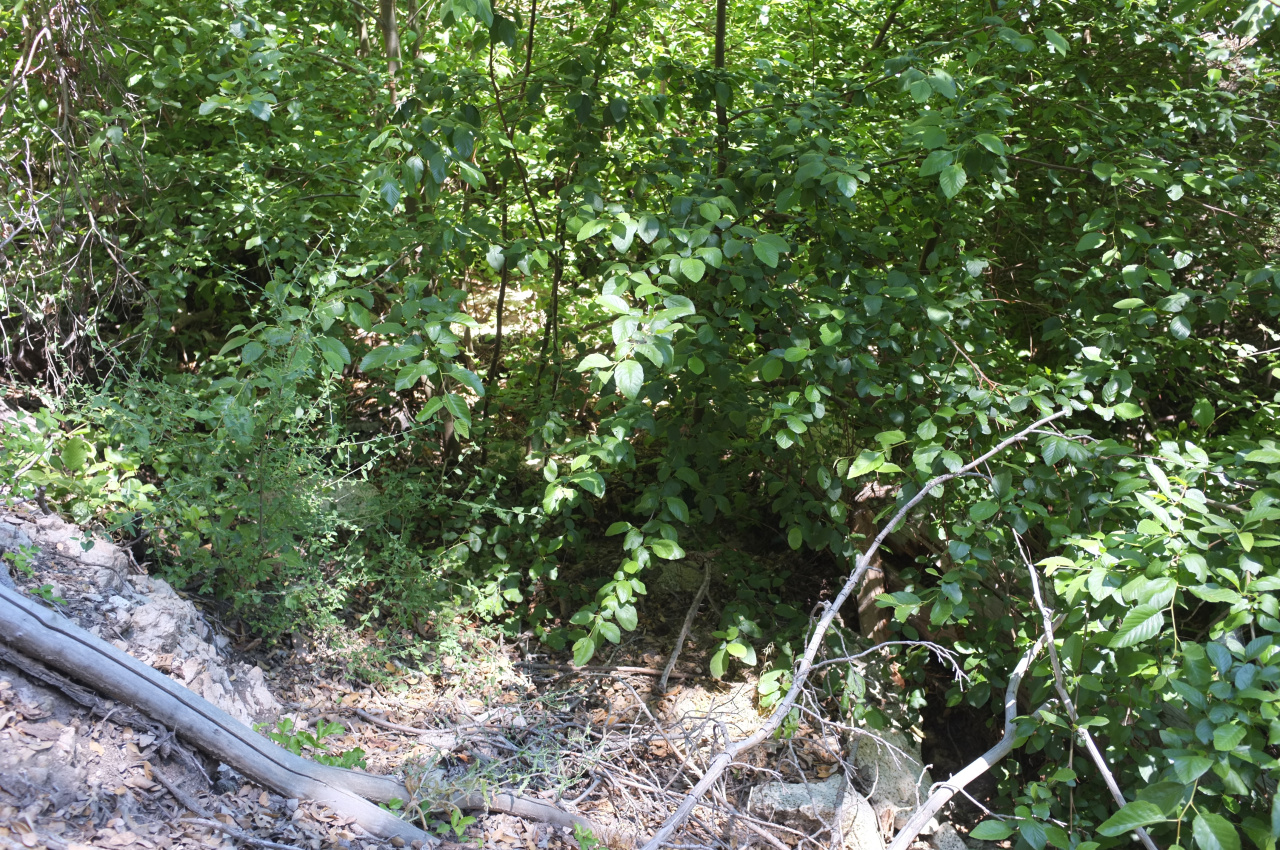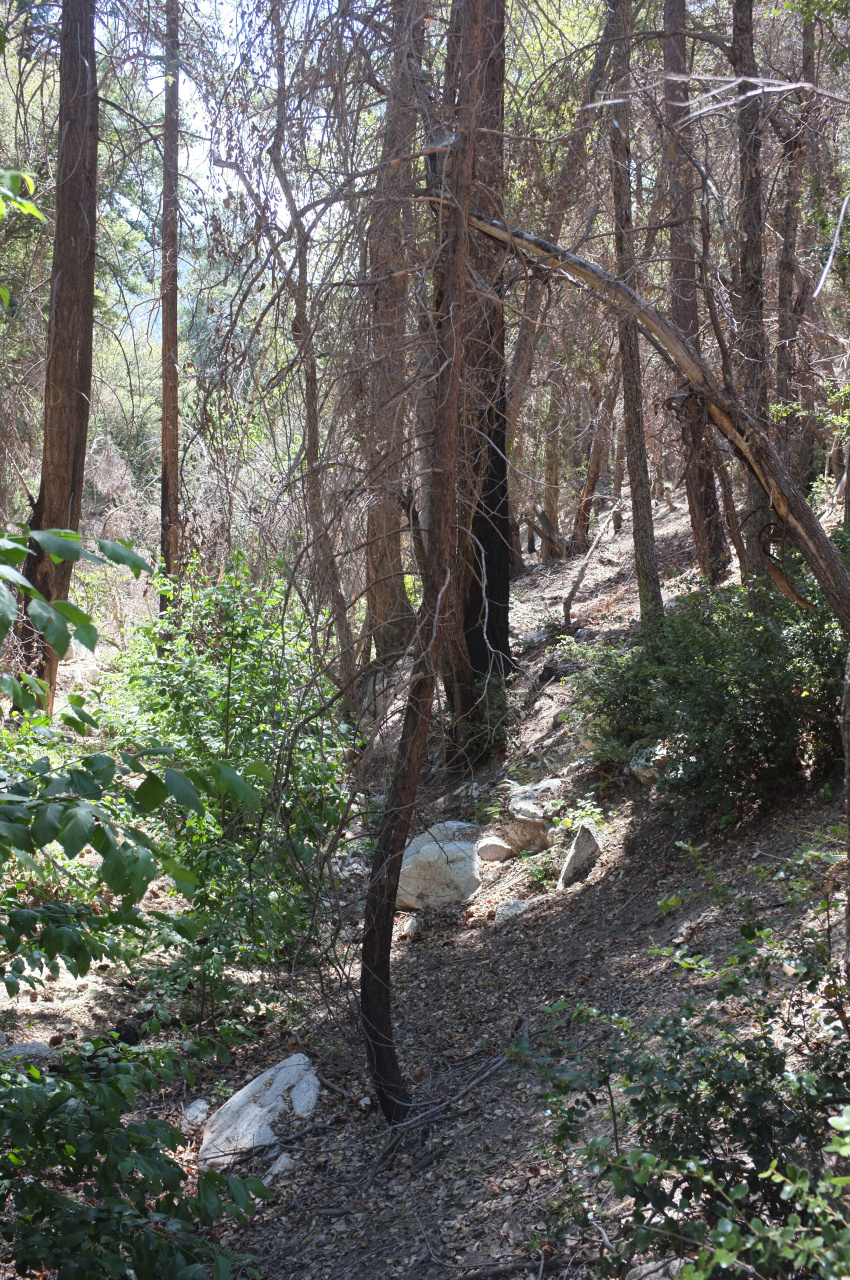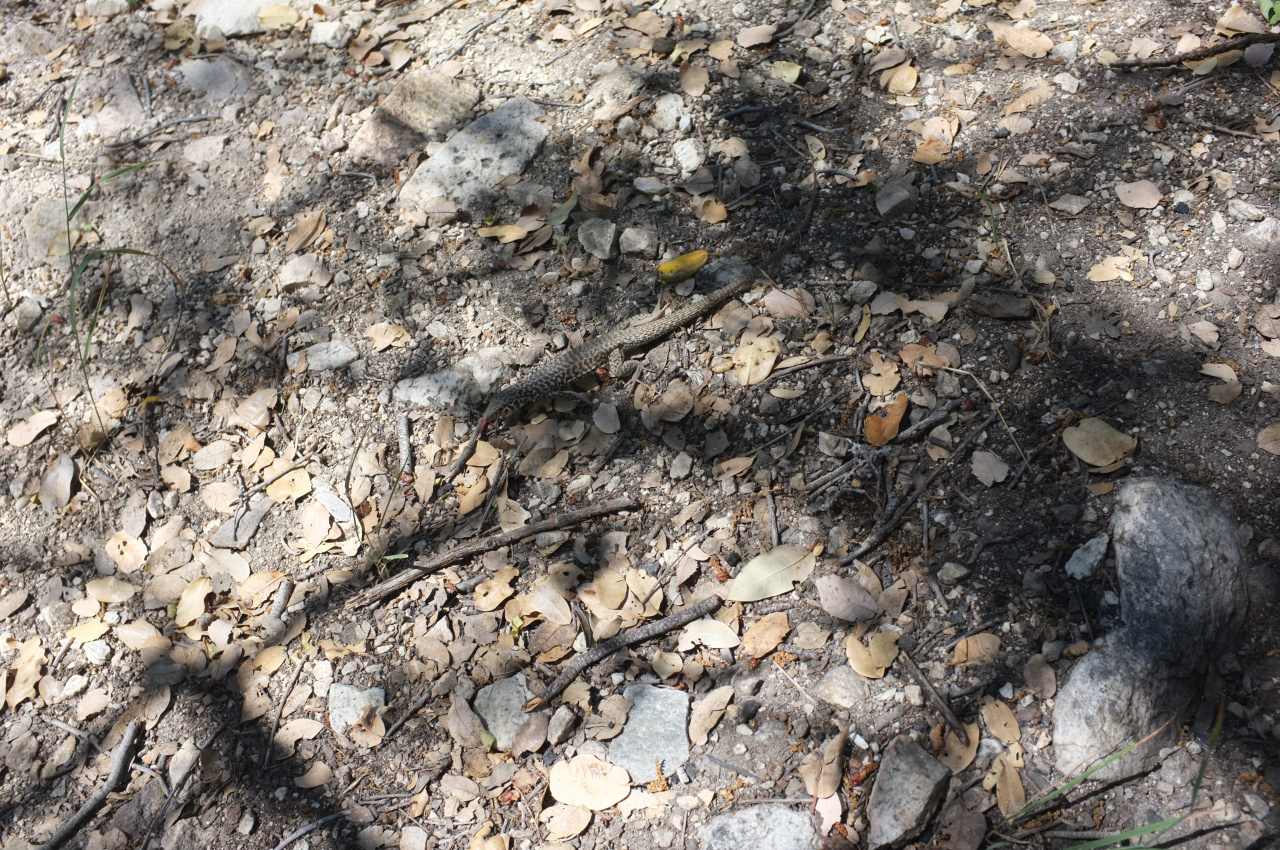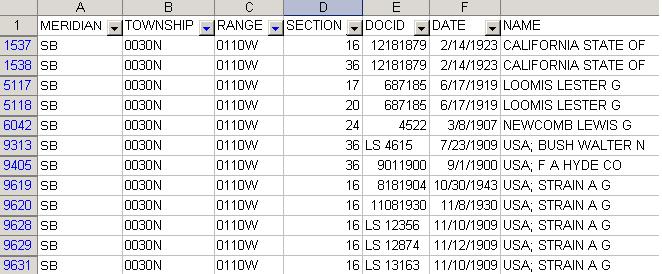Very interesting!!!
Blanchard was just going by what John Robinson said in "Mines of the San Gabriels" right? I wonder what that book says specifically about the area and how Blanchard might have been misled?
"In John Robinson's Mines of the San Gabriels, published 34 years ago and long out of print, it is noted that two miners named Bell and Hartman did some small diggings around 1900 and later Charley Chantry (for whom the Chantry Flat is named) worked the area with little success."
Is there some crazy possibility that there are two mines in that small area?
So if its the boatwright prospect then its a molybdenum mine not a gold mine.
Also its odd that the compressor would have "1942" on the casting..that seems more like a year than a model number, but I could be wrong. But if the last test date with 1923 then maybe it is a model number, but I cant seem to find a 1942 model IR compressor.
I've signed up on vintagemachinery.orgs website and will try asking them to see if anyone can identify that machine. There is a huge following for vintage machinery like that online (just like everything else).
The machine may be not all "monolithic" so to speak...the compressor and engine or other parts may come from different manufacturers and have wildly different dates of origin.
Also that other "machine" in the first couple pictures in this thread looks interesting, and it appears to have some info cast into it as well.
I believe this is the 1967 USGS report mentioned in that link you posted:
http://pubs.usgs.gov/bul/1230g/report.pdf
"Mineral Resources of the Devil Canyon-Bear Canyon Primitive Area, California By DWIGHT F. CROWDER"
I wonder if ol Dwight is still around?
Searching that report for "Boatwright":
"The U.S. Bureau of Mines made a thorough search of the records
of mining claims in the primitive area but found evidence of only
one recorded claim, known as the Boatwright. No records of any
mineral production were disclosed from the Boatwright prospect or
from any other areas within the entire primitive area. Paul V. Fillo,
mining engineer from the U.S. Bureau of Mines, accompanied the
author on a reexamination of the Boatwright prospect and on examinations
of other localities that showed some evidence of mineralization.
No mineral deposits of commercial grade were found."
But I thought on the USGS website it said "60 FT ADIT IN QTZ VEIN TRACE AMOUNTS OF MOLYBDENUM"...trace is not zero? Or I guess just not "commercial grade"?
Another part of the report:
"The only prospect found in the area was
examined in the company of Paul V. Fillo of the U.S. Bureau of
Mines; it is called the Boatwright prospect and is in sec. 26, T. 3 N.,
R. 11 W. It consists of a 60-foot adit driven along a quartz vein that
is 18 inches wide at its widest spot in the surface outcrop and less than
1 inch wide at the end of the adit. In the surface outcrop the vein occurs
as a short segment between two faults. Spectographic analysis
of the quartz reveals trace amounts of molybdenum and no detectable
gold."
"The only prospect found in the area was
examined in the company of Paul V. Fillo of the U.S. Bureau of
Mines; it is called the Boatwright prospect and is in sec. 26, T. 3 N.,
R. 11 W."
I wonder if that identifier is a map position or some kind of filing system report..are those mining reports public? Maybe a copy can be gotten from the USB of Mines? EDIT: probably not since the USBoM dissolved in 1996..but I would imagine the records are somewhere...
So how did it get the name Boatwright.......
